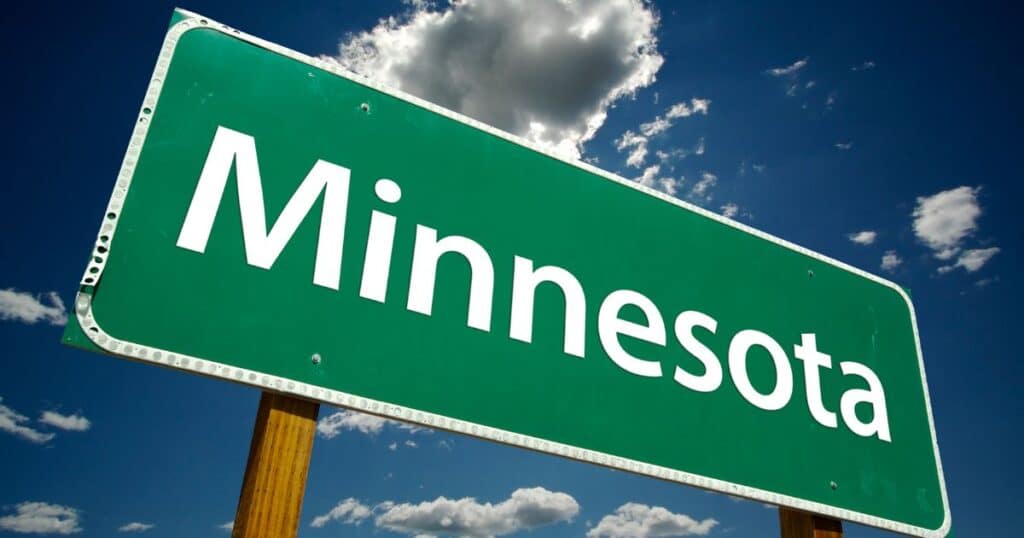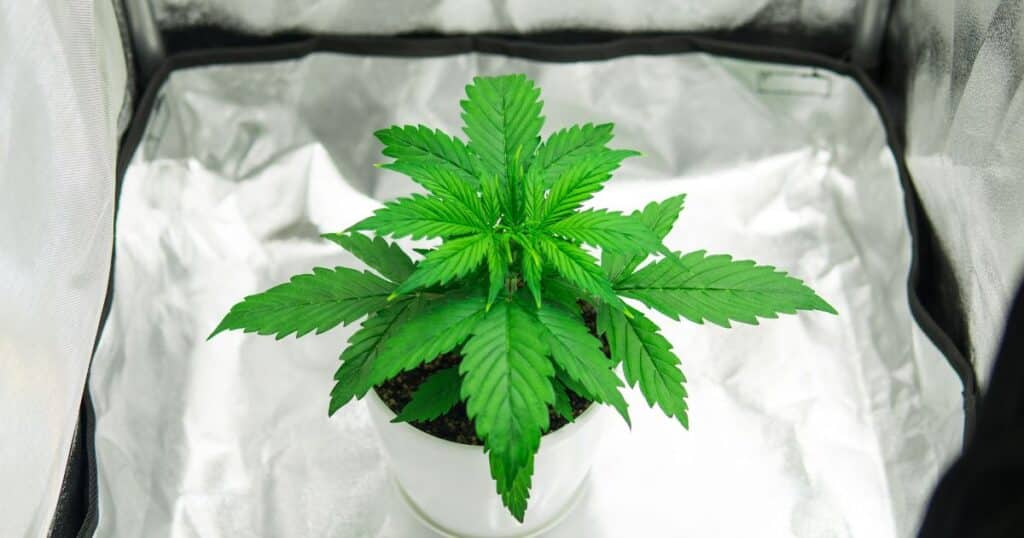Minnesota’s medical cannabis patients are on the brink of a change that could significantly impact their access to the medicine they need. Under HF3766, a new legislative proposal, medical cannabis patients might have their home-grow plant limits doubled, from the current 8 plants to 16.
On top of that, the proposal could also greenlight the designation of caregivers to cultivate cannabis on behalf of patients unable to manage their own plants. This isn’t just a small change in numbers; it signifies increased freedom and accessibility in the world of medical cannabis.
The Case for Home Grow
The argument presented by Representative Jessica Hanson is compelling. For individuals with disabilities and health conditions who qualify for medical cannabis treatment, the ability to grow their own medicine is a matter of practicality and autonomy. The bill, if passed, stands to bridge the gap for this demographic, which might find it challenging, if not impossible, to handle the intricacies involved in cannabis cultivation.
“We do not think that people with qualifying medical conditions on our medical cannabis program ought to be left out of the ability to benefit from homegrown cannabis simply because they are unable to grow it by themselves,” Hanson said to the House Commerce Finance and Policy Committee last Monday.
“Folks with disabilities need a hand … and this is the hand they are looking for in order to navigate our current home-grow program,” Hanson said.
The current framework doesn’t sufficiently consider the diversity of individual circumstances and needs. Especially in cases where a supportive hand is required, the potential of harnessing the expertise of dedicated caregivers could be life-transforming. HF3766 recognizes the limitations imposed by health and living situations on patients and offers a tailored solution that’s both empathetic and empowering.
Fostering Inclusivity in Cannabis Healthcare
Legislative proposals like HF3766 demonstrate a commitment to evolve healthcare policies into more equitable and inclusive systems. The bill acknowledges that the current parameters for home cultivation might inadvertently exclude those who stand to benefit the most from such provisions. By broadening the scope, Minnesota’s healthcare policy could serve as a model for other states, showing that patient welfare must be at the heart of regulatory decisions.
The proposed changes are not just about expanding numbers on a piece of paper. They embody the compassionate spirit of cannabis and healthcare that aims to reduce barriers to accessing treatment options. The proposal encapsulates a proactive shift towards a more patient-engaged approach by enabling individuals to develop their medicine within the comfort of their homes.
Legislation and Patient Well-being
In its broader impact, the legislation presents a forward-looking perspective on patient well-being. It affirms the principle that the right to healthcare includes the right to actively participate in one’s own wellness. For many, home-growing represents a deeper connection with the treatment process—an organic engagement that’s inherently therapeutic.
The ability to designate a caregiver for cultivation also ensures a balanced and supervised approach, maintaining the safety and efficacy that patients rightly deserve. This duality of cultivation methods provides a flexible framework, catering to the varied needs of Minnesota’s medical cannabis community.

In other state news, Minnesota legislators are discussing revisions to the state’s laws on recreational cannabis reports KARE11. The proposed legislation includes a pre-approval process for companies obtaining licenses to prepare for legal retail cannabis sales starting in 2025. It also imposes statewide limits on the number of licenses to prevent chaos seen in other states with cannabis legalization.
The bill, which the Commerce Committee has approved, outlines specific license restrictions:
- Microbusiness licenses: 100
- Mezzobusiness licenses: 11
- Cultivator licenses: 13
- Manufacturer licenses: 6
- Retailer licenses: 50
- Wholesaler licenses: 20
- Transporter licenses: 20
- Testing facility licenses: 25
- Cannabis event organizer licenses: 10
- Cannabis delivery service licenses: 10
If there’s an excess of qualified applicants, licenses will be allocated through a lottery system by the OCM.

















